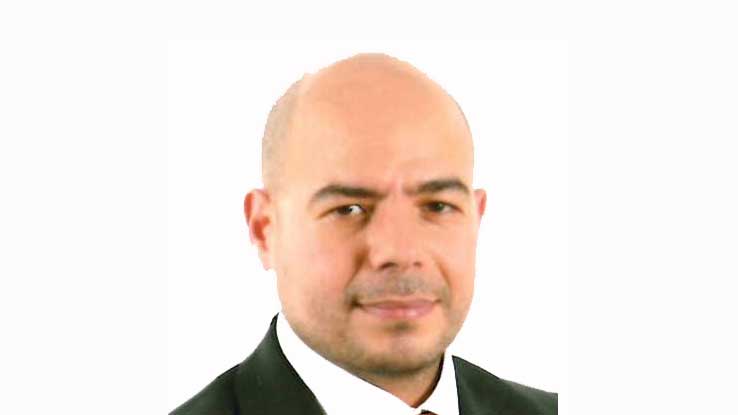RIYADH: The Red Sea Development Co. is pushing the envelope on sustainability by adopting biofuels to operate all its tourist facilities.
TRSDC will be procuring 25 biofuel-optimized gensets with a total generating capacity of 112 MW from the German firm MAN Energy Solutions. These generators will power the project at six tourist locations.
“Biofuels are considered a carbon-neutral fuel. They can reduce carbon emissions by 20-30 percent compared to heavy fuel oil,” Ghassan Saab, head of power plants in the Middle East and Africa region at MAN Energy Solutions, told Arab News.
All 25 MAN engines are optimized to use climate-neutral B100 biofuel with a small efficiency loss compared to conventional fuel operation. The installation will be the first of its kind in the Middle East though they have footprints of biofuel engines in other regions.

As Saudi Arabia’s iconic tourist destination will rely on renewable energy supplies rather than the national electricity grid, the infrastructure of The Red Sea Project will be powered by solar plants that will include storage batteries powered by MAN gensets.
“The Red Sea Project will primarily be powered by solar power plants combined with battery storage. Our MAN gensets will serve as a valuable back-up to step-in if solar energy is not available,” added Saab.

As biofuel is derived mainly from organic waste, the fuel mix from solar power and biofuel production will make TRSDC’s energy system truly sustainable and independent.
The development of the comprehensive infrastructure for renewable energy supplies was implemented by a consortium led by ACWA Power, a leading Saudi company in developing, investing, and operating projects in the fields of generating power and water desalination.














